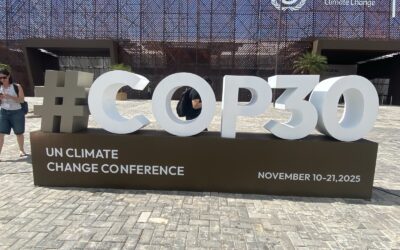By the African Biomass Working Group, a member of Environmental Paper Network’s Forests, Climate and Biomass Working Group and Global Forest Coalition member organisations in Africa
September 21 is the International Day of Struggle Against Monoculture Tree Plantations, when organisations around the world raise awareness about the impacts of monoculture tree plantations.
Forestry, afforestation and reforestation are often promoted by governments and corporations as a means of climate change mitigation and carbon sequestration. It is true that forests have many benefits, including sequestering carbon, but they must be real, natural forests.
A real forest is a complex, multi-layered and biodiverse ecosystem containing a large variety of trees and other plants. In a real forest, insects, mammals, birds, reptiles and microorganisms are plentiful, and there is resilience and sustainability in this diversity.
But ‘afforestation’ in Africa and globally is often implemented not as cultivating a diverse ‘forest’, but rather through the establishment of monoculture tree plantations on agricultural land or natural vegetation such as grassland. ‘Reforestation’ is implemented as the establishment of tree plantations in places where forests were previously clear cut.
We acknowledge that there are projects where diversified ‘forest’ models are implemented, such as with some agroforestry models and where ‘degraded’ forests are allowed to regenerate naturally. These projects are rare and must be supported.
The most damaging are Industrial Monoculture Tree Plantations of alien tree species, which:
- Lead to land grabbing and rights abuses for local communities
- Compete with land used to grow food, which deepens the poverty of local communities
- Have gender-differentiated impacts and harm women most
- Deplete native diversity
- Reduce biodiversity
- Deprive people of their cultural integrity
- Deplete freshwater resources
- Cause soil erosion and reduce soil fertility
- Pollute soil and water because of the chemicals used
- Are a source of carbon emissions when land is cleared for plantations
- Are less carbon-rich than the natural ecosystems they replace, thereby depleting carbon storage and limiting carbon sink possibilities
- Increase the risk of fire, pests, and disease due to unnaturally high biomass production
- Are invasive and spread into the surrounding areas
Plantations Are NOT Forests!
The African Biomass Working Group hereby:
- Calls on African governments to stop using the AFR100 project to expand monoculture tree plantations in Africa
- Calls on all African people to resist the further exploitation, fragmentation and degradation of the remaining natural forest landscape for monoculture plantations of exotic species
- Opposes the expansion of the industrial monoculture tree plantation model based on a single species for maximum biomass production
- Calls for a ban on new large-scale plantations in Africa
To boost our resilience and food sovereignty, we must look to the models from the past, learn from Indigenous knowledge systems, and bring back regenerative farming models which are locally appropriate, organic, diversified and resilient. We need to nurture the diversity of African peoples, landscapes, animals and plants, and unite in opposition to unsustainable resource exploitation.
Together, we are like a river which cannot be blocked by anyone…
Monoculture Tree Plantations Are Not Forests!
21 September 2022




